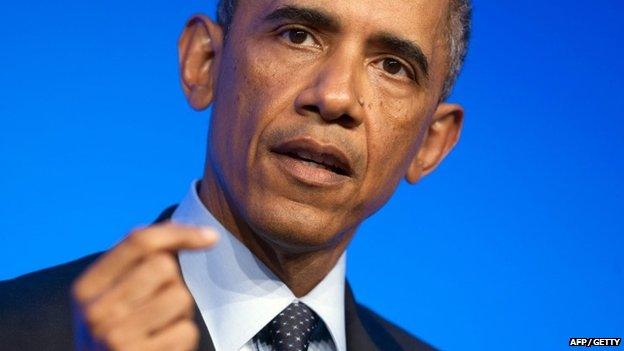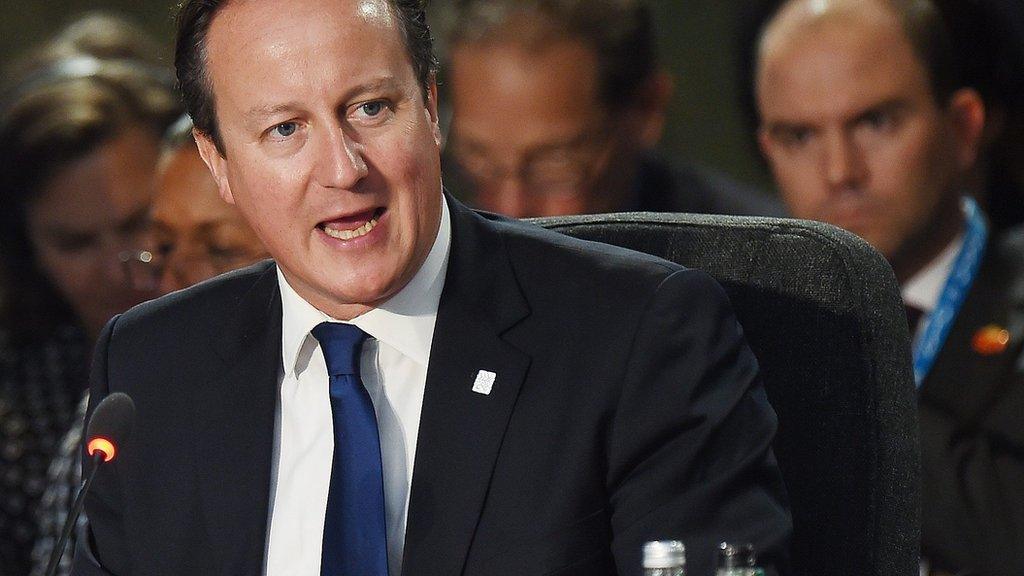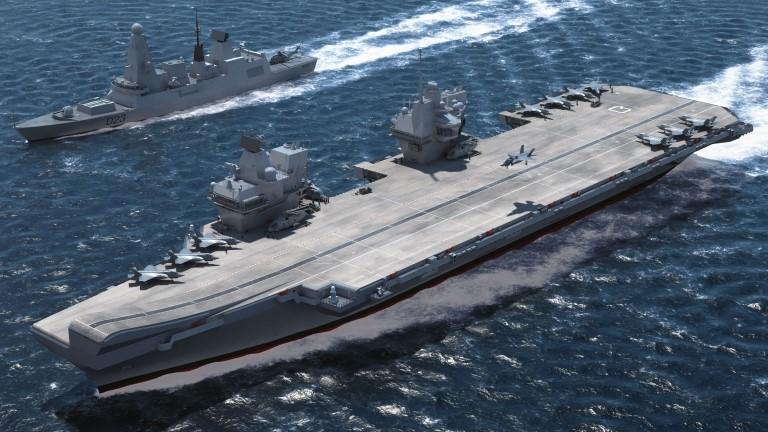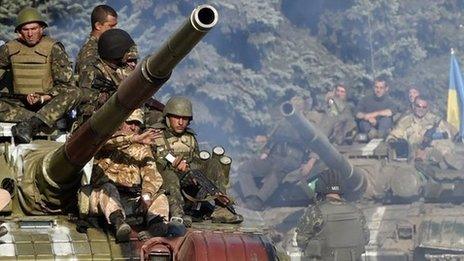Nato summit: Could Putin cross more 'red lines'?
- Published
- comments

Nato agrees to form a multi-national "spearhead" force capable of deploying within 48 hours
For all the displays of military hardware, the promises to stand by Eastern Europe, the pledges to deploy more Nato forces there, it is the use of economic power, which according to Barack Obama and David Cameron has forced Vladimir Putin to back a deal to stop the fighting in Ukraine.
They insist that sanctions, including newly agreed measures targeting state-owned energy and defence companies, will go ahead until talk of a ceasefire is proven on the ground and is followed through with a peace plan that does not include the annexation of parts of Ukraine.
They will know however that the Russian president has crossed many so-called red lines before, including sending his own troops into a neighbouring sovereign country.
Mr Putin may calculate that he can do so again in future when the world's attention is elsewhere.
That moment could come quite soon, as President Obama has made clear that his mission on leaving this summit is to assemble a broad international coalition to degrade and destroy the forces of Islamic State.
The next few weeks will be a test of whether Nato leaders can focus on more than one problem at once and whether they can live up to words that are issued at the end of summits like this one.
- Published5 September 2014

- Published5 September 2014

- Published5 September 2014
